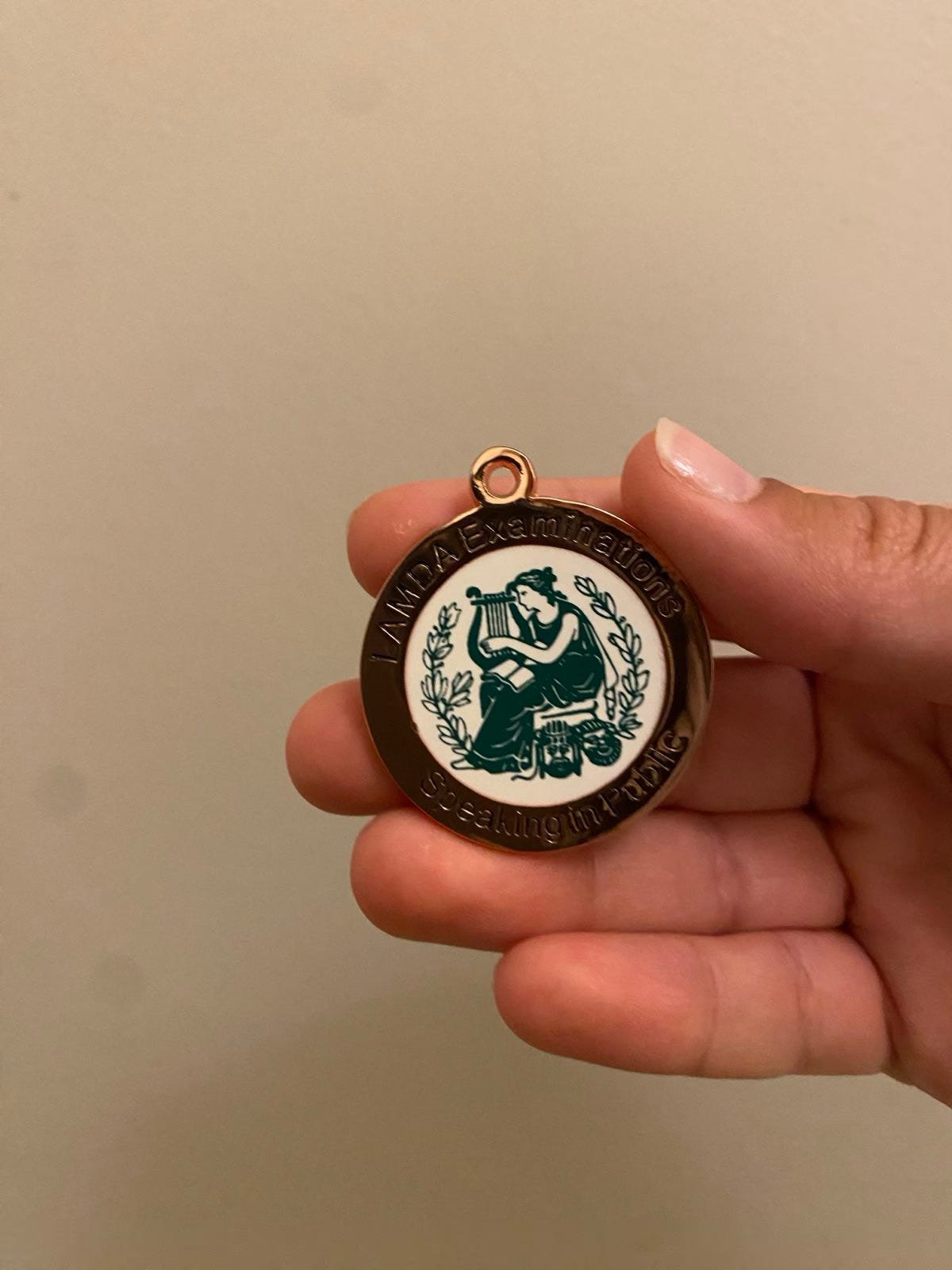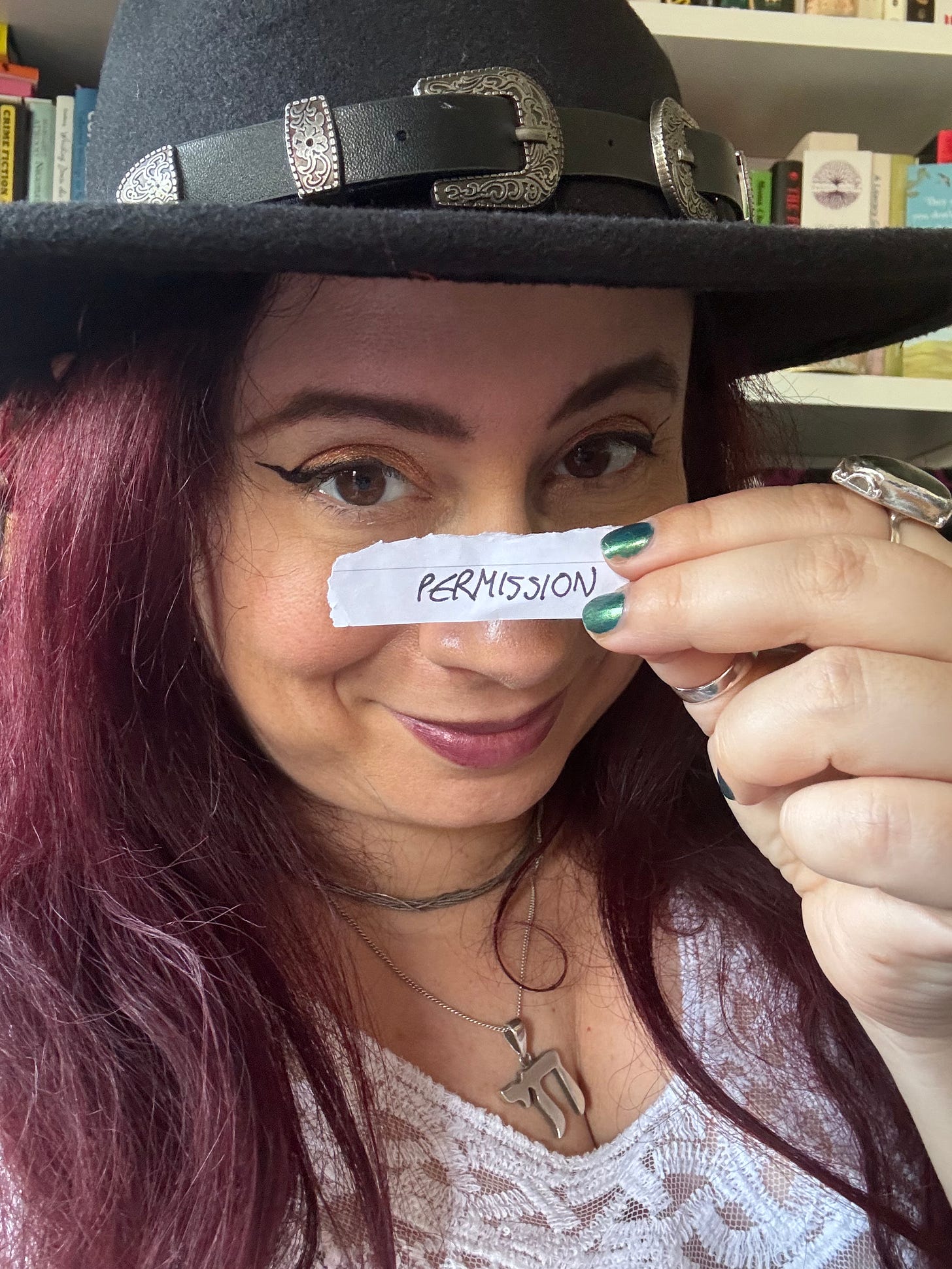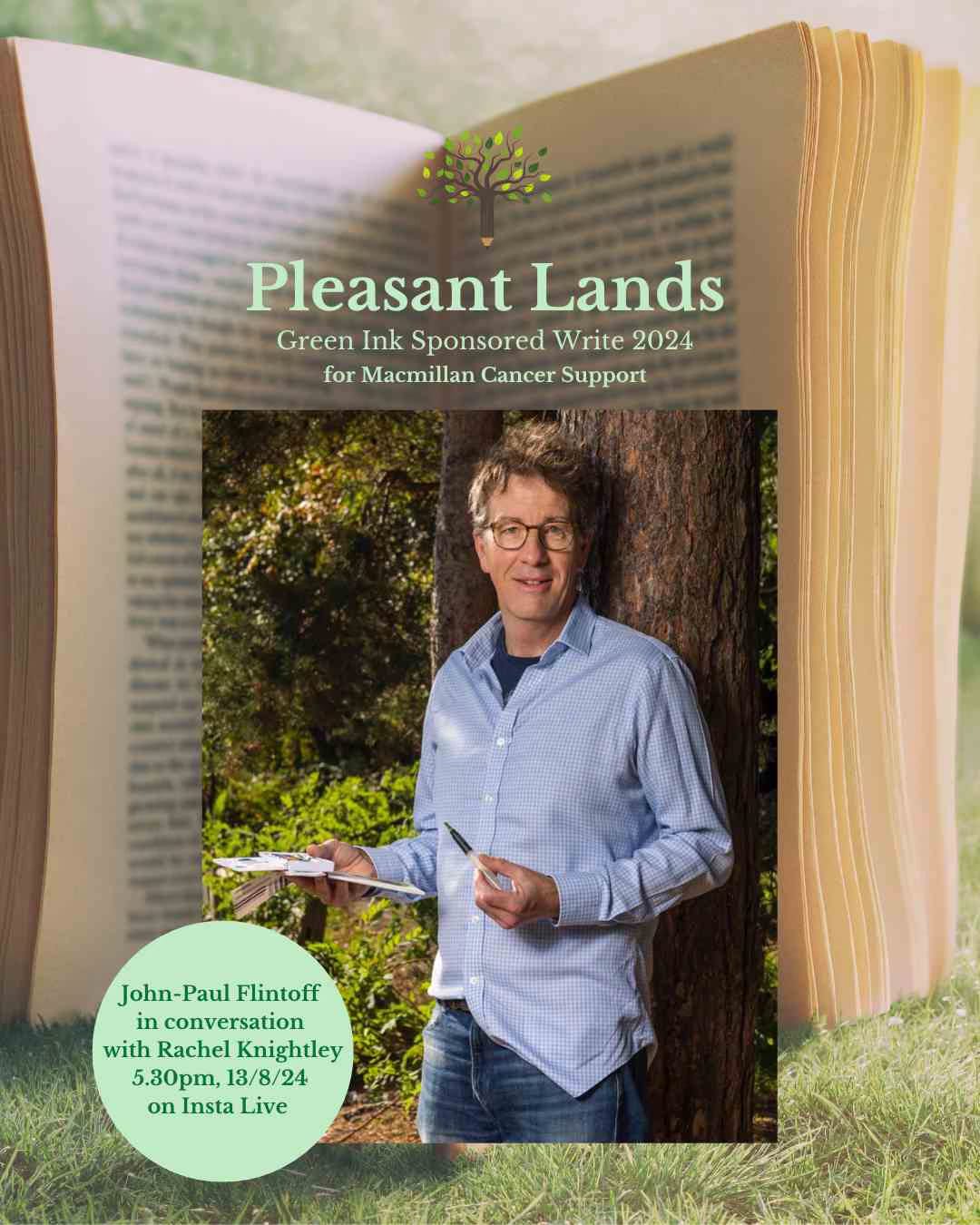This week at the Writers’ Gym
Before this week’s calendar, a look ahead to our autumn programme:
Fiction, Memoir and Truth Afternoon Retreat | 3pm-6.30pm Saturday 28 September
A truthful story is about so much more than ‘what happened’: whether we’re exploring the stories that made us who we are or imagining the versions of ourselves resulting from paths untaken, fiction and memoir are equally magical to write. Join Dr Rachel Knightley for an afternoon retreat at the Writers’ Gym and see where your stories go next. 30% off for Writers’ Gym members. Click here
Short-form Fiction Writing with Dr Rachel Knightley | 1-2.30pm Tuesday 10 September
Part of our six session course, Rachel will take you through the process of creating and submitting your short fiction. Artistically and professionally, this course is the place to build your knowledge, deepen your confidence and increase your enjoyment in your creative writing both as a medium and within a writing career. Save and book the full six weeks: email us at thewritersgym@rachelknightley.com, or to book week by week click here. 30% off for Writers’ Gym members.
This Week at the Writers’ Gym:
The Writing Room | 11-1pm Monday 2 September
FREE for everyone on my mailing list (if you’re reading this, then that’s you!). Time and space to think and write with like-minded people. No expectations, no readings, just an open chat box and unmuting for ten minutes’ chat at the end. Click here
Sponsored Write Interview | 12pm Wednesday 4 September
This year’s page is now open for Green Ink Sponsored Write for Macmillan Cancer Support. Rachel will be in conversation with Writers’ Gym staff member and Sponsored Writer, Isabella Barbieri on Instagram Live: @drrachelknightley @jointhewritersgym
Coffee & Creativity | 1-2:30pm Wednesday 4 September
Quality writing time and quality company! Grab a coffee and have a mid-week chat, a write and then another chat with your fellow creatives. Free for Writers’ Gym members: type your discount code where indicated. Click here
Writing Room EXTRA | 11-1pm Friday 6 September
Members only: please check your Voxer messages for this link.
Members and VIP Members: please use your exclusive codes on any online workshops to activate your discount. Forgotten/lost your code? No problem: just email info@rachelknightley.com or ask Rachel in the Voxer app.
Download a Writers’ Gym membership brochure at writersgym.com or email thewritersgym@rachelknightley.com
Listen to The Writers’ Gym podcast with Rachel Knightley, Emily Inkpen and Chris Gregory on Apple, Spotify or any of your favourite platforms.


